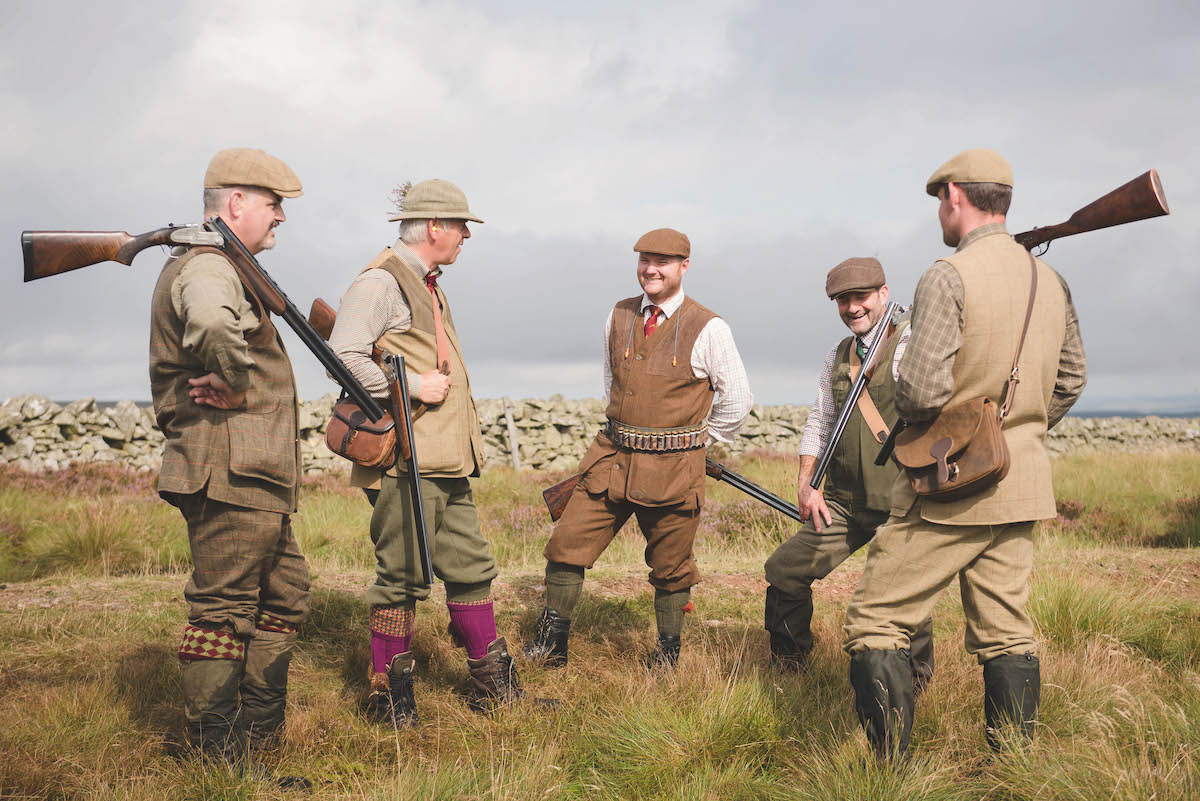Scottish estates found to promote well-being
Scotland’s estates “bring people together”, playing a crucial role in rural communities and businesses as well as in the wider national economy, reports Matt Cross

Shooting is one of the many outdoor pursuits offered by country estates
As the Scottish government prepares a fresh round of land-reform legislation, leading experts in the rural economy have found that Scotland’s estates make a vital contribution to well-being in the countryside. The report from Biggar Economics found that Scottish estates provide land for 14,000 rural businesses and homes for 13,000 families, generate 57% of Scotland’s renewable electricity and add £2.4bn a year to Scotland’s economy.
Debates about Scotland’s estates often focus on shooting sports, but the report found less than 10% of estate income is generated by shooting and stalking, with farming, forestry, tourism and renewable energy all much more important.
While shooting was not a big contributor to income, it has its own role in the well- being economy. The report found that estates provide a vital supply of ‘social capital’, which bonds individuals and communities together.
One gamekeeper’s partner, Jade Russel, told Shooting Times: “In a remote area like the one we live and work in, a shoot day unites people like nothing else. It’s not all about the shooting, it can be as simple as two kids who become friends sharing a chocolate bar in the beating line — it all brings people together.”
Despite this, new legislation expected to be introduced to the Scottish parliament this year will place new demands on estate owners. These could include a ‘public interest test’ for large land sales and increased powers for communities considering buying out estates.
Scottish Land & Estates chairman Mark Tennant is keen to see the debate move on from arguments over lairds and an obsession with historical issues.
Mr Tennant said: “The government is looking to move ahead with further land reform and we are already seeing signs of a debate harking back to the past with little relevance to modern-day realities. We want to see any land-reform debate based on the realities of modern-day ownership and management.
“Rural estates are vibrant and progressive in their approach and see themselves as key to Scotland’s sustainable future.”








